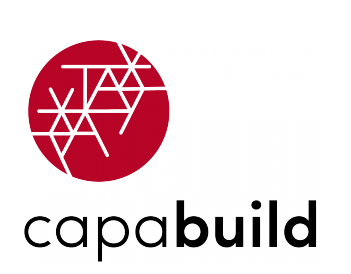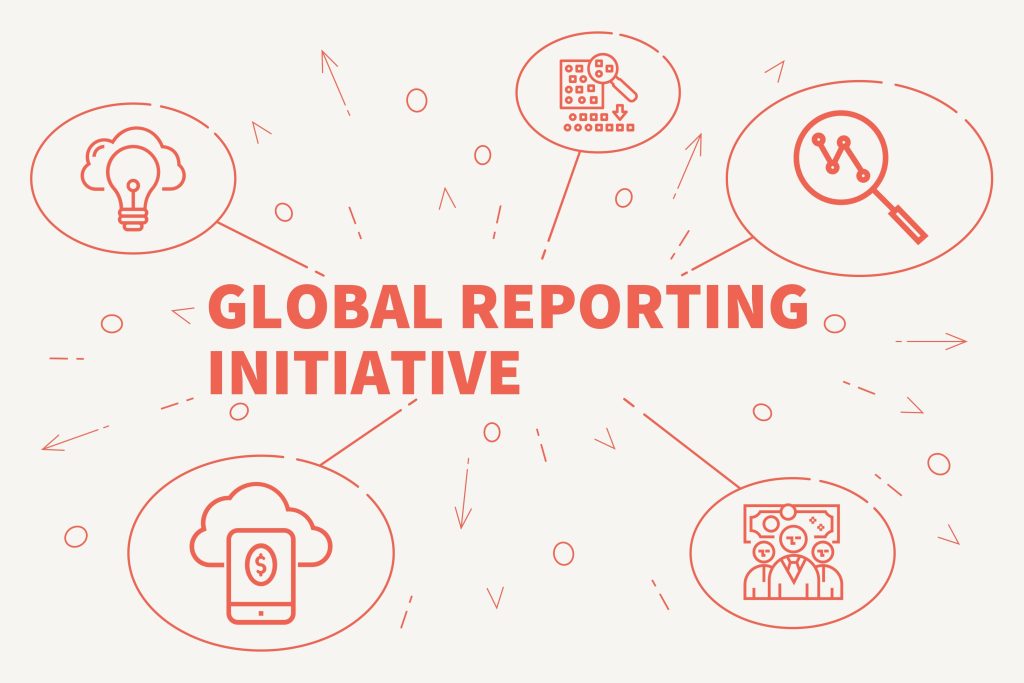The Global Reporting Initiative in Action
Large companies report on sustainable standards in their financial reporting, often following the financial reporting frameworks such as the International Sustainability Standards Board (ISSB).[1] This covers financial materiality, providing investors and shareholdings with the financial information they seek.
The current challenge for many large multinationals is to give all stakeholders the information that they now seek on a company’s social and environmental impact. This is reinforced with the need to comply with new global standards for public reporting on tax. There are many standards, often competing with each other, and companies need to choose the most suitable standards. One of the front runners is the Global Reporting Initiative (GRI)[2] for tax – The GRI 207: Tax 2019[3] – that demands Sustainability Reporting. For many companies, the question is how to engage with stakeholders at various levels to understand the context in which activities occur and the implications of decisions made? This is often referred to as the ESGs (environmental, social and governance aspects of a business). As ESGs develop, so too will the expectation and opportunity for tax functions to engage a broader range of stakeholders in supporting ESG outcomes; building trust and demonstrating commitment to environmental and social responsibility to the board, their shareholders and the communities they operate in.
The GRI is increasingly gaining support and many multinationals around the world are in the process of adopting their standards. GRI is not about the financial effects of a company, rather its focus is on the company’s impact on climate and society. Globally most companies are yet finding their way in this new space. Some are ahead; all members of the leading mining organisation, the International Council on Mining and Metals must report according to GRI standards. Many European companies, including Unilever, Phillips, Prosus, PWC, Deloitte, Heineken, and Signify have adopted these standards for quite some years.
For tax it means not only reporting how much tax a company paid in a country or per activity; the GRI also requires companies to demonstrate how they interact with stakeholders, and it is here that many companies struggle with how to proceed. How does one demonstrate stakeholder engagement, so they understand the context of a company’s activities and the impact of its decisions?[4]
Capabuild provides that stakeholder engagement, is entirely demand driven and ensures no conflict of interest arises. Our donors are the front runners in the GRI 207: Tax 2019 standards space. One of our most loyal donors is Prosus, a global consumer internet group, who have provided funding and expertise supporting Capabuild since the start of the Capabuild project. They explain it as follows on their website.[5]
The Capabuild project; a public-private partnership co-building tax capacity for developing countries by way of tax training for tax authorities, policymakers and other government officials in the global south. Capabuild strives to improve the understanding of global taxation as this can help governments improve the effectiveness and efficiency of the tax system in their jurisdiction. As taxation is a significant factor in every nation and every citizen’s life, it is important that it is understood. It needs to be demystified.
Through our contribution to the training platforms offered by Capabuild, we are able to share our knowledge and emphasise the need for dialogue, building trust and true transparency on taxes paid, collected and applied to improve the lives of citizens, those people the governments serve. We proudly support initiatives such as those of Capabuild. These contribute to having sustainable, fair and transparent tax systems that enable governments to provide for their citizens.
ESGs and the movement towards more holistic reporting by companies are embedded in the universal targets of the Sustainable Development Goals. Capabuild focuses on four Sustainable Development Goals; 4 – Quality Education, 8 – Decent work and economic growth,16 – Peace, justice and strong institutions, and 17 – Partnerships for the goal. Supporting Capabuild demonstrates that companies understand and embrace building trust and display that commitment to social responsibility to the board, their shareholders, and the communities they operate in. Annually, Capabuild issues a certificate of sustainable impact to its donors that complies with the GRI 17: Tax 2019 requirements, certifying that part of their demonstrated commitment to a more sustainable future has been fulfilled.
[1] International Financial Reporting Standards is the umbrella for International Sustainability Standards Board, and its a sister organization the International Accounting Standards Board. In addition there is the Sustainability Accounting Standards Board (SASB) framework.
[2] https://www.globalreporting.org/ The European Financial Reporting Advisory Group, EFRAG, that is responsible for setting ESG standards, sustainability standards for Europe, mandatory sustainability standards have a co-creation agreement with GRI.
[3] https://www.globalreporting.org/standards/standards-development/topic-standard-for-tax/ and gri-207-tax-2019.pdf (globalreporting.org)
[4] Management approach disclosures require a narrative explanation of how organizations manage tax. Disclosure 207-1 Approach to tax Disclosure, 207-2 Tax governance, control and risk management Disclosure 207-3 Stakeholder engagement and management concerns related to tax.







